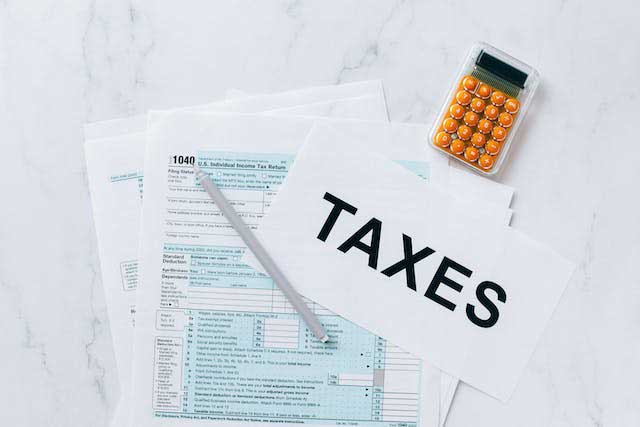In the dynamic landscape of real estate, property values are subject to a myriad of influences, with property taxes emerging as a crucial determinant. This often-overlooked facet of homeownership carries a substantial weight in shaping the market, affecting both property owners and potential buyers. In this exploration, we delve into the intricate interplay between property taxes and real estate values, unraveling the complexities and consequences that unfold within this nexus.
Understanding the Basics:
Property taxes, levied by local governments, are essential for funding public services and infrastructure. Calculated based on the assessed value of a property, these taxes play a pivotal role in shaping the real estate ecosystem. The assessed value, in turn, is influenced by various factors, including the property’s size, location, and overall condition.
The Ripple Effect:
One cannot underestimate the far-reaching consequences property taxes can have on real estate values. A delicate balance exists between the need for revenue generation by local governments and the desire of property owners to see their investments appreciated. When property taxes escalate, homeowners may find themselves grappling with increased financial burdens, impacting their disposable income and, subsequently, their ability to invest in property improvements.
The Local Flavor:
Real estate is, by nature, a local affair. Property taxes are no exception, with rates varying widely from one locality to another. Homeowners in an area with high property tax rates may face challenges when it comes to attracting potential buyers, as the overall cost of homeownership is perceived as being elevated. Conversely, regions with lower tax rates may experience increased demand, potentially driving up property values.
The Homeowner Dilemma:
For homeowners, the burden of property taxes can be a double-edged sword. On one hand, these taxes contribute to the funding of vital community services such as schools, public safety, and infrastructure, which enhance the overall quality of life. On the other hand, excessive property taxes can erode the financial benefits of homeownership, making it a delicate balancing act for property owners to maintain the value of their investment while supporting the community.
The Commercial Dimension:
Beyond residential properties, the impact of property taxes reverberates through the commercial real estate sector. Businesses operating in areas with high property tax rates may face higher operational costs, potentially leading to increased prices for goods and services. This, in turn, can influence the overall economic health of a community, affecting the demand for commercial real estate and shaping property values in these areas.
Navigating the Future:
As we look ahead, it becomes imperative to explore innovative solutions that address the challenges posed by property taxes on real estate values. Local governments may need to consider alternative revenue sources or implement tax relief measures to ensure that the delicate equilibrium between community development and property values is maintained.
In the intricate dance between property taxes and real estate values, the repercussions are profound and multifaceted. Homeowners, potential buyers, and local governments are all stakeholders in this dynamic relationship. As we navigate the future of real estate, finding sustainable solutions that strike a balance between funding essential services and preserving property values becomes paramount. The nexus between property taxes and real estate values is a realm ripe for exploration, and as we venture forward, the landscape will undoubtedly evolve, shaping the way we perceive and interact with the homes and communities we cherish.

